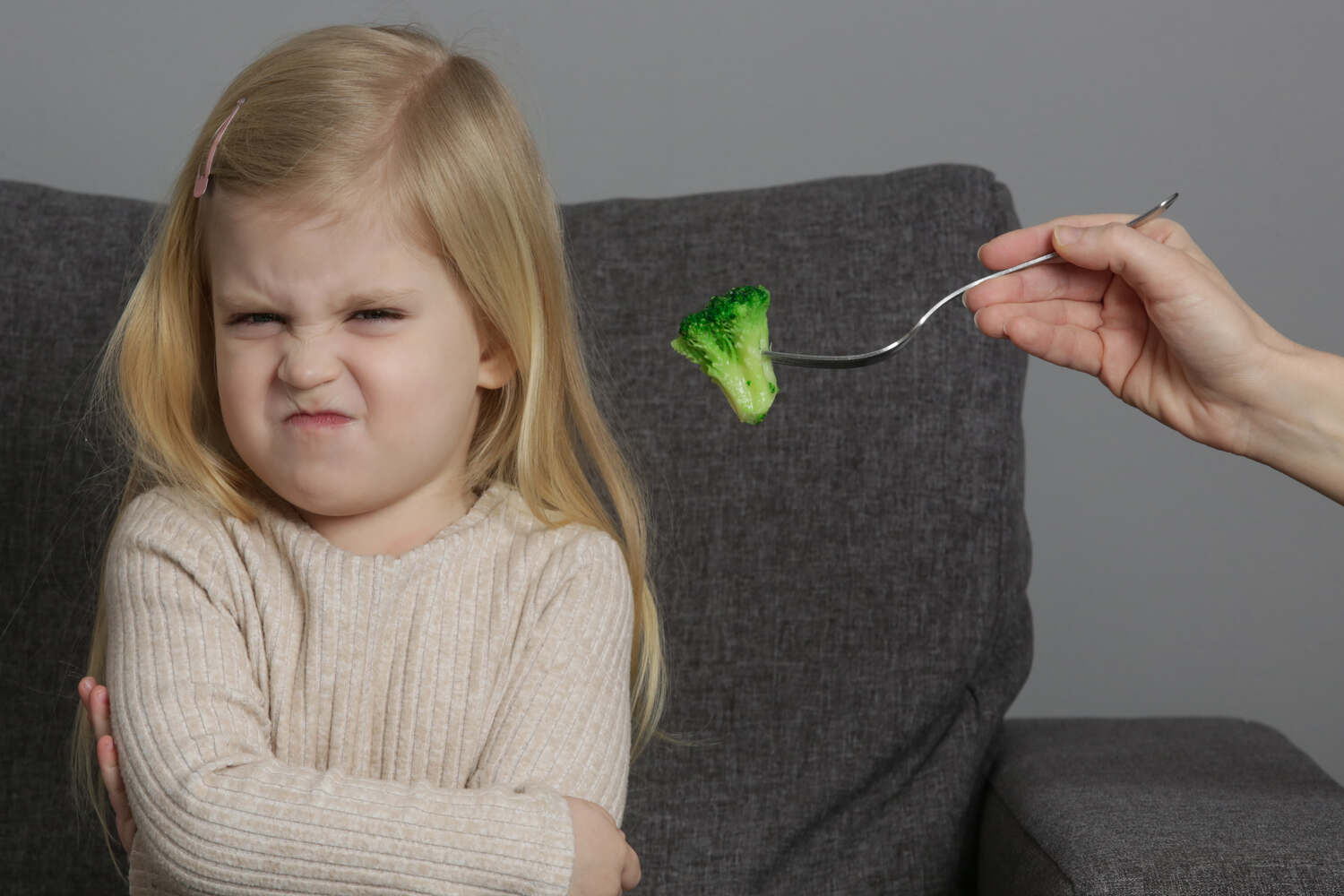
Are you struggling to make your toddler eat vegetables? You are not alone! Most parents around the world face the same issue with their toddlers. The others? Well, some of them do have it easy in this department. You can too, with some simple tips to get your toddler to eat vegetables.
Getting your toddler to eat their vegetables is no easy task. There are different vegetables with different micronutrients and advantages. Though you cannot make your toddler eat every one of those vegetables, the aim should be to include as many as possible. If you are wondering how, read on for some practical tips.
Video on 5 Tips For Vegetable Victory
Why Eating Vegetables is Important For Kids?
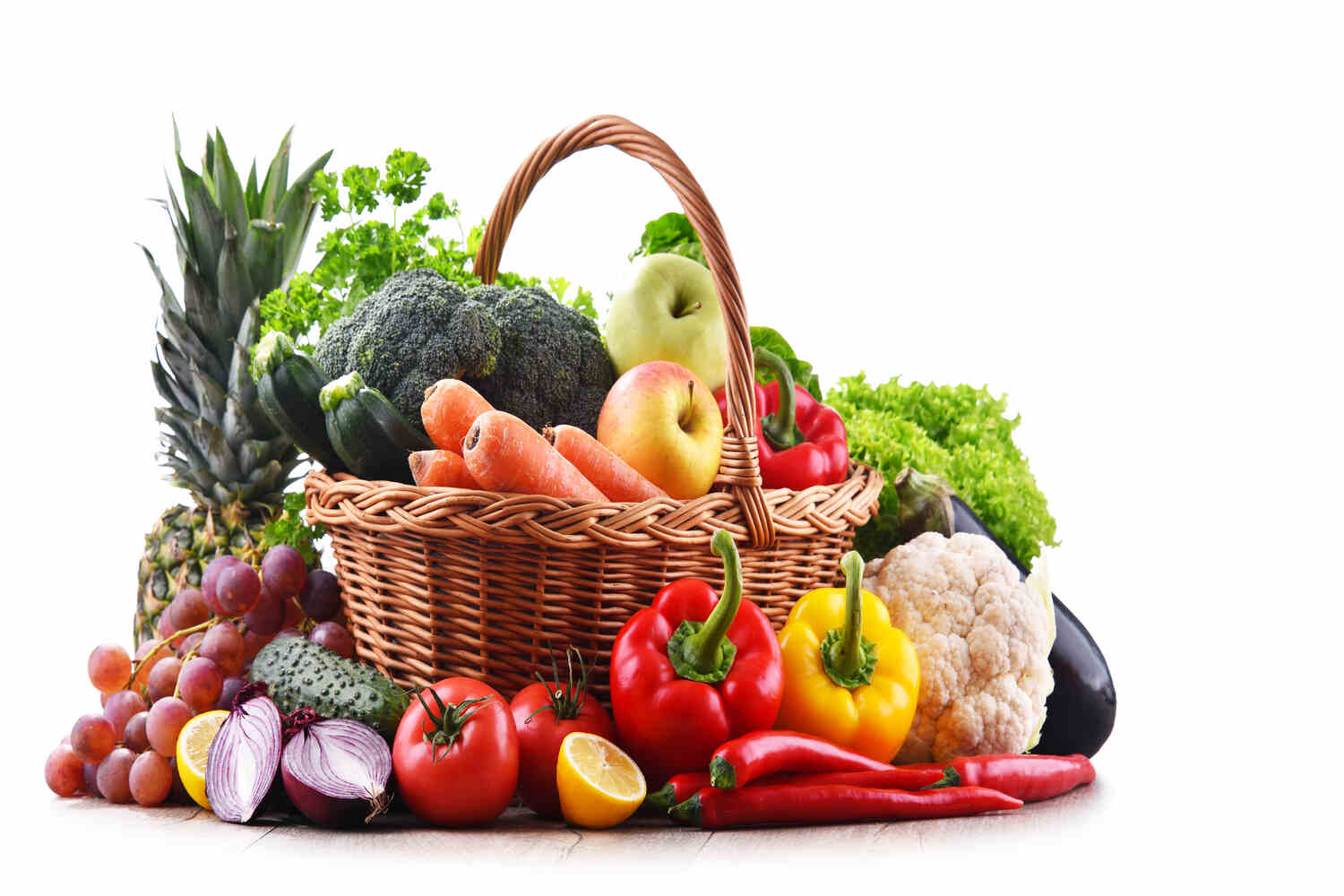
Vegetables contain many essential vitamins, minerals, and fiber. They help in building the toddler’s immune system. A good immune system ensures there are fewer episodes of falling sick.
Vegetables are very important for the healthy development of a toddler’s health as well as palate. Exposure to vegetables of varying colors and textures from a young age increases the chances of kids eating vegetables regularly.
Best Vegetables For Toddlers and Young Kids
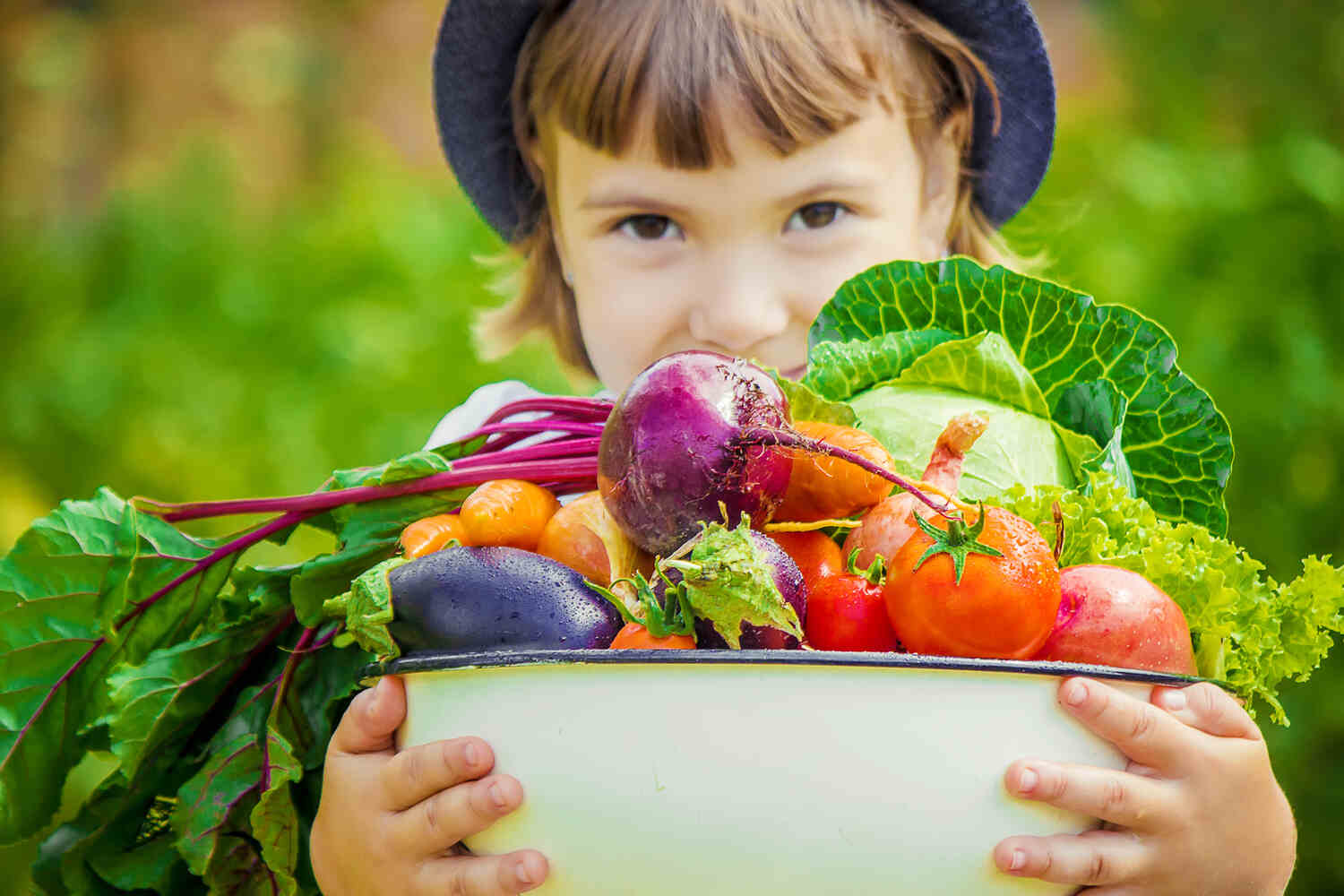
While all vegetables are healthy and have their own set of advantages and positive impact on your toddler’s health, here are a few vegetables that are among the best for young kids-
1. Carrots
Rich in beta carotene, and Vitamin A, carrots can help maintain eye health in children (1).
2. Sweet Potatoes
Naturally sweet, and rich in antioxidants, this vegetable is good for your toddler’s eye health, skin health, gut health, and overall immune health (2).
3. Green Peas
A good source of plant-based protein and vitamin K. They also contain antioxidants, vitamins, and folic acid, all of which are very important for a toddler’s health (3).
4. Spinach
A green-leafy vegetable full of vitamins B6, B9, E, C, and K. Vitamin K is very important for blood clotting (4).
5. Pumpkin
A good source of vitamin A, potassium, and trace minerals like magnesium and zinc. It also contains a good amount of fiber that aids in digestion (5).
6. Butternut Squash
Rich source of vitamins A and C, potassium, fiber, folate, and also contains Omega-3s (6). It is both sweet and starchy, just the way kids like it.
7. Beetroot
Beets are a good source of iron, magnesium, folate, fiber, and vitamin C. It also contains potassium, which helps regulate the body’s fluid levels and prevent high blood pressure and heart diseases (7).
How to Get Your Picky Toddler to Eat Vegetables?
Is your toddler just refusing to eat those vegetables? Here is what you can try-
1. Praise Your Toddler When They Have Vegetables

Yes, there are many theories against praising a kid for everything but sometimes, they need appreciation. It is an innate human requirement to feel good about oneself. Appreciate your toddler when they eat the vegetables they are not fond of. This will give them a positive reinforcement to try other vegetables too.
2. Offer Vegetables as Snacks
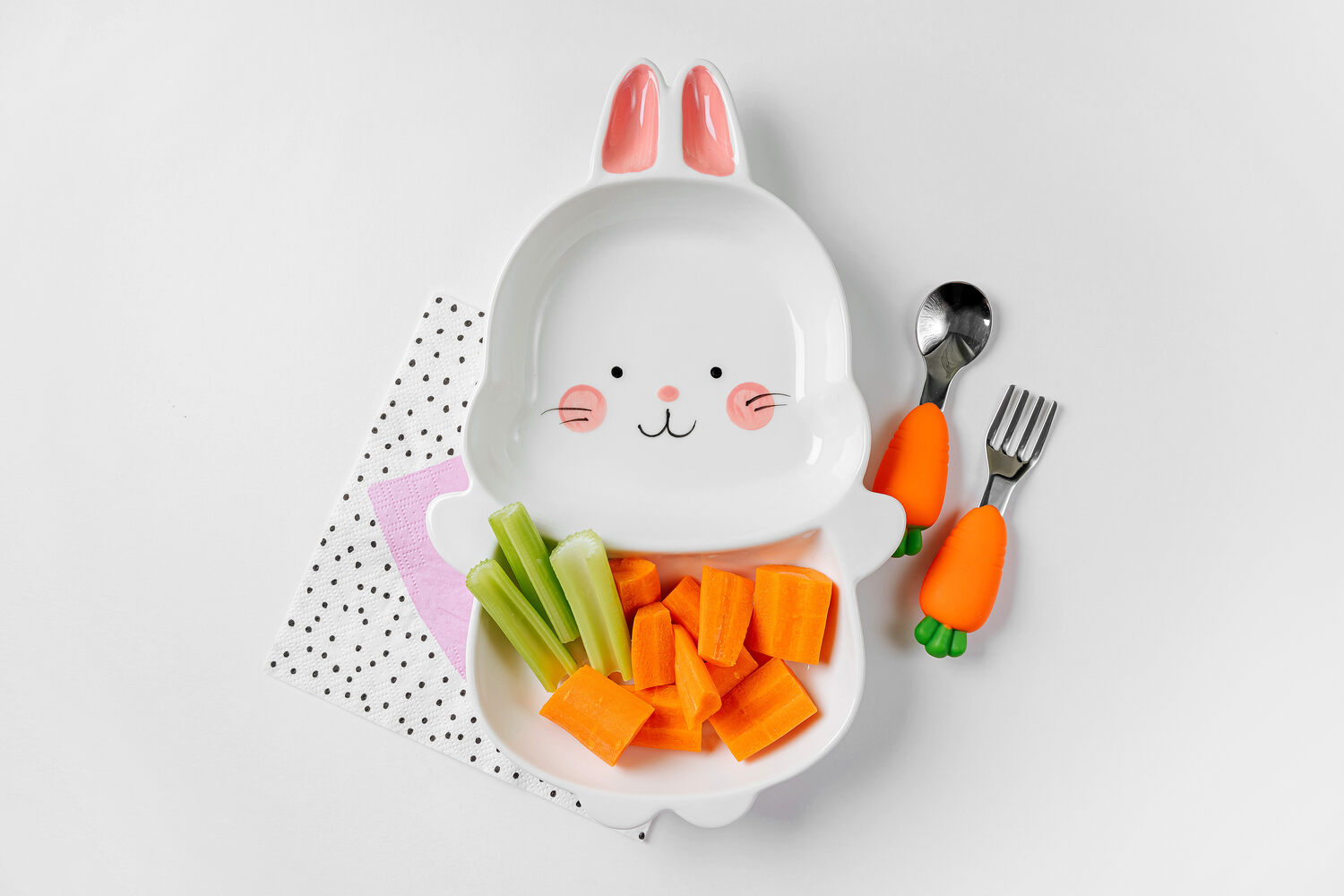
Instead of offering vegetables as a part of the main meal, give them as snacks. You can cut cucumbers, carrots, onions, and tomatoes and let your child eat them raw, for snack. You can offer other vegetables like broccoli, beans, or sprouts, after lightly cooking or boiling them.
3. Pick Out Their Favorite
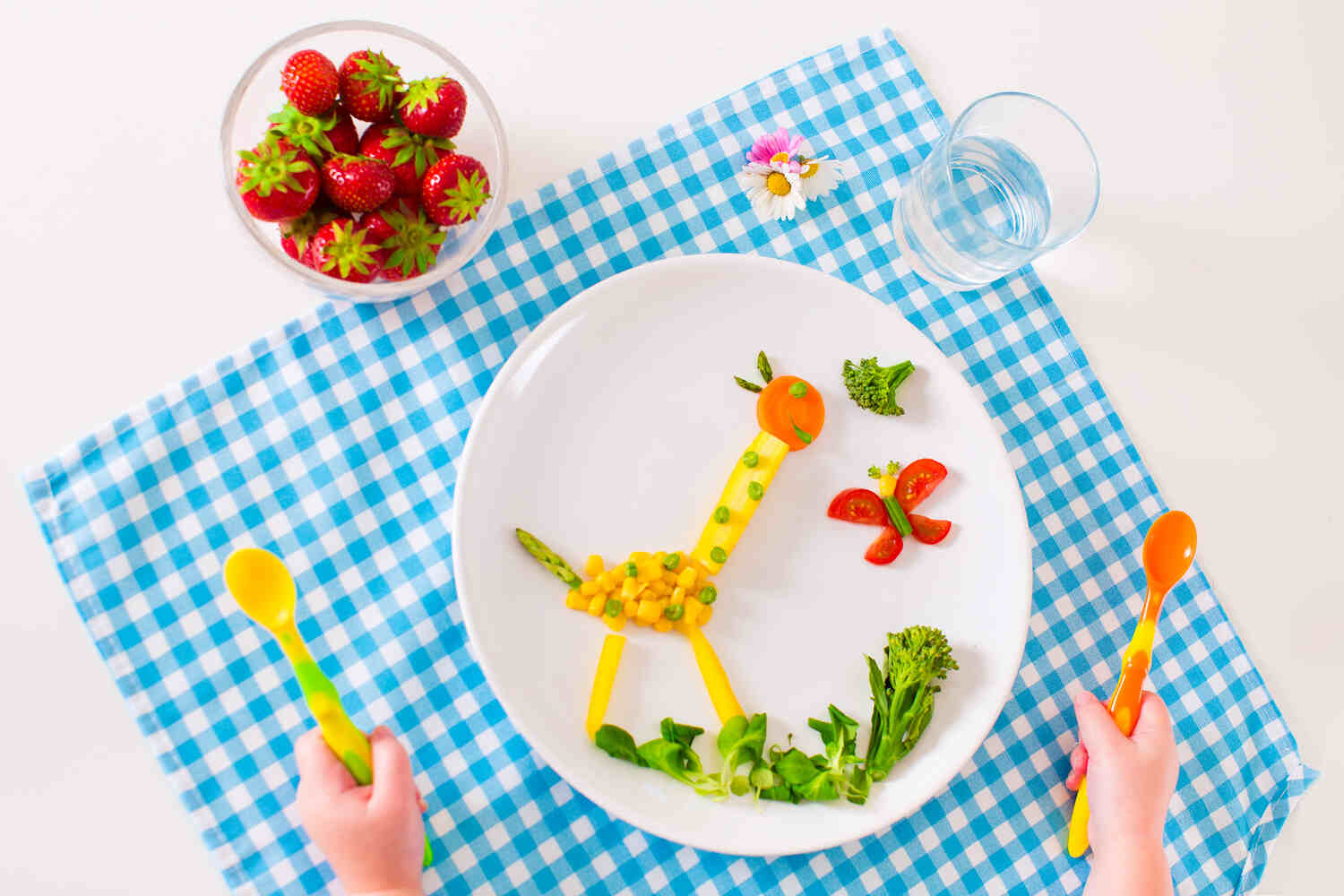
Offer their favorite vegetables too. If you are giving them a portion of a vegetable they are not fond of, try adding one of their favorites for the next meal or the next day. This way, they won’t hate vegetables as a food group.
4. Involve Them in The Kitchen
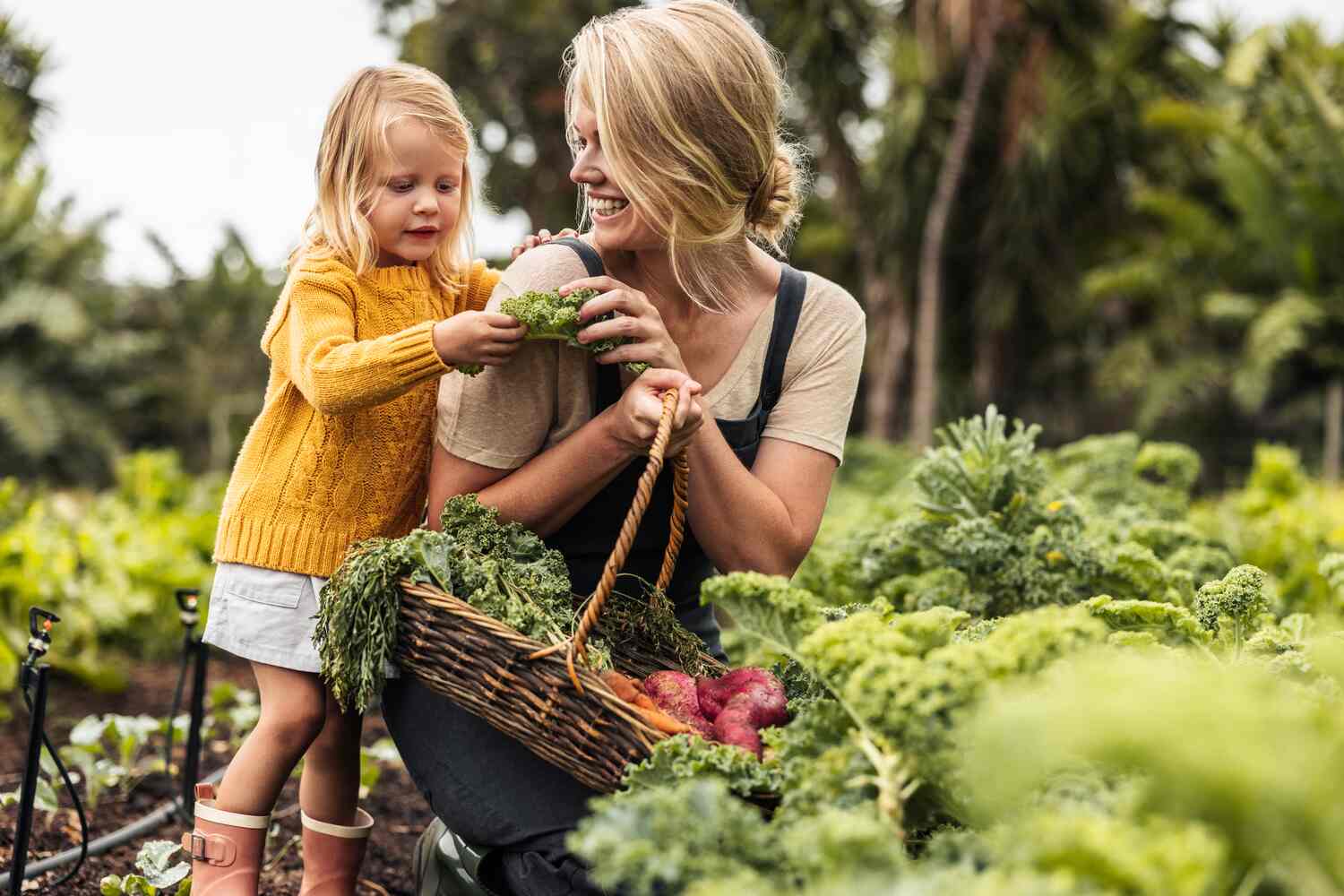
Let them help you wash and clean the vegetables. Little older toddlers can also help you peel or grate the vegetables under close supervision. When they do the work, they are more inclined to eat it.
5. Make Vegetables Part of Every Meal
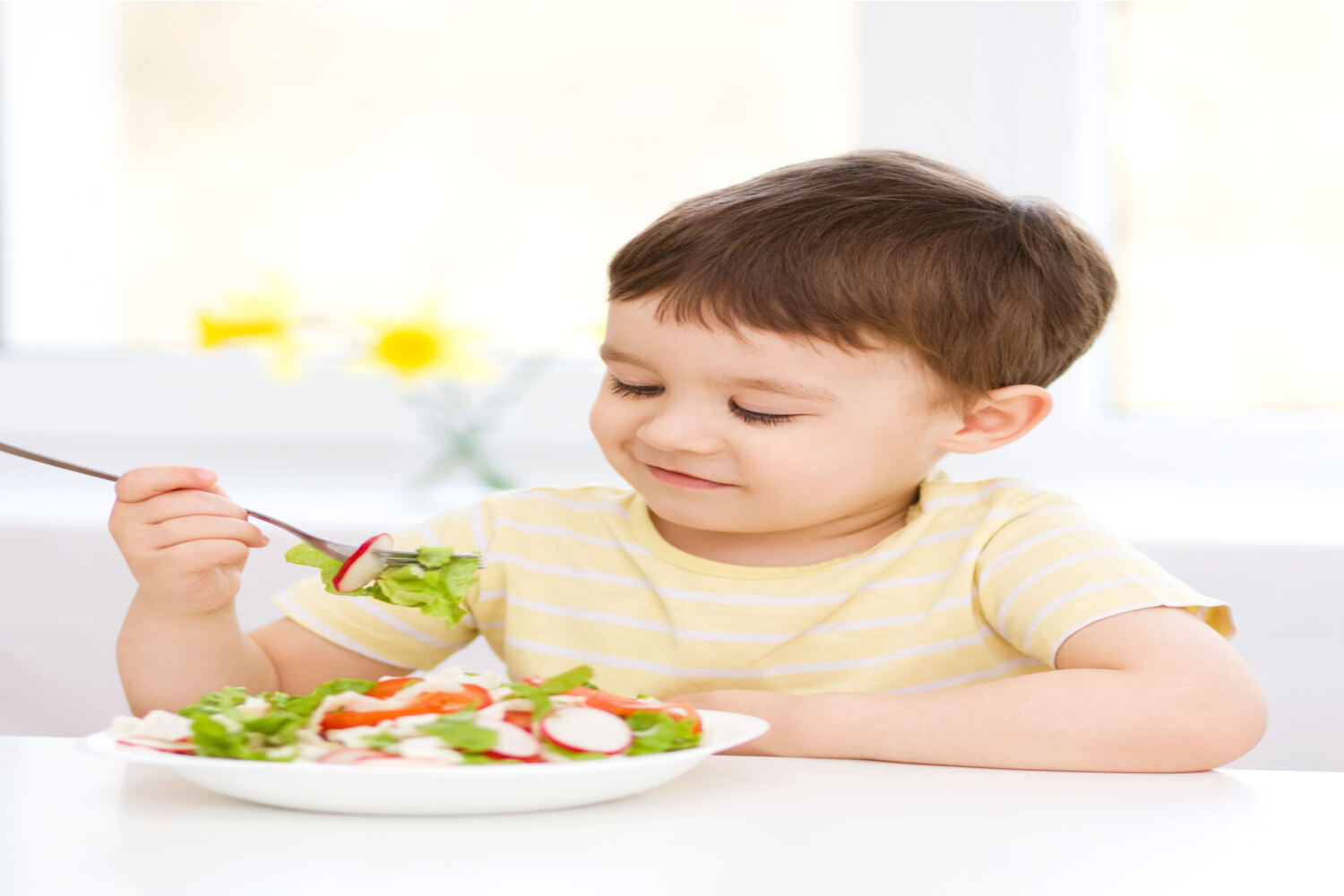
Add a portion of vegetables for every meal. This way, even if they eat just a fraction of what you offer, they will eventually eat close to the daily requirement in small batches.
Getting your toddler to eat vegetables is no easy task. If you are having trouble, remember you are not alone and this does not reflect on you as a parent. Try different vegetables and the tips given above. The key here is patience and persistence. It is never too late to include vegetables in your toddler’s diet.
FAQ’s
1. Why Won’t My Toddler Eat Vegetables?
If your toddler has exposure to junk or processed foods, chances are that they like the sugar and additives in them. These are not present in vegetables, thus making them less tasty or appealing.
2. What Happens When Toddlers Don’t Eat Vegetables?
Vegetables contain some of the most important macro and micro nutrients for a toddler’s growth. Not getting enough of these nutrients can stunt their growth or lead to health issues as they grow up. It can also affect the development of their immune system, making them more prone to infections.
References
- An Analysis of Health Benefits of Carrot – [https://www.researchgate.net/publication/359863991_An_Analysis_of_Health_Benefits_of_Carrot]
- Sweet Potato Is Not Simply an Abundant Food Crop: A Comprehensive Review of Its Phytochemical Constituents, Biological Activities, and the Effects of Processing – [https://www.ncbi.nlm.nih.gov/pmc/articles/PMC9495970]
- Peas, green, cooked, boiled, drained, without salt – [https://fdc.nal.usda.gov/food-details/2644291/nutrients]
- Vitamin K – [https://www.hsph.harvard.edu/nutritionsource/vitamin-k]
- Pumpkin – health benefits – [https://www.journal-of-agroalimentary.ro/admin/articole/38310L35_Liliana_Ceclu_2020_26(3)_241-246.pdf]
- Squash, winter, butternut, raw – [https://fdc.nal.usda.gov/food-details/2685570/nutrients]
- The Potential Benefits of Red Beetroot Supplementation in Health and Disease – [https://www.mdpi.com/2072-6643/7/4/2801/htm]

